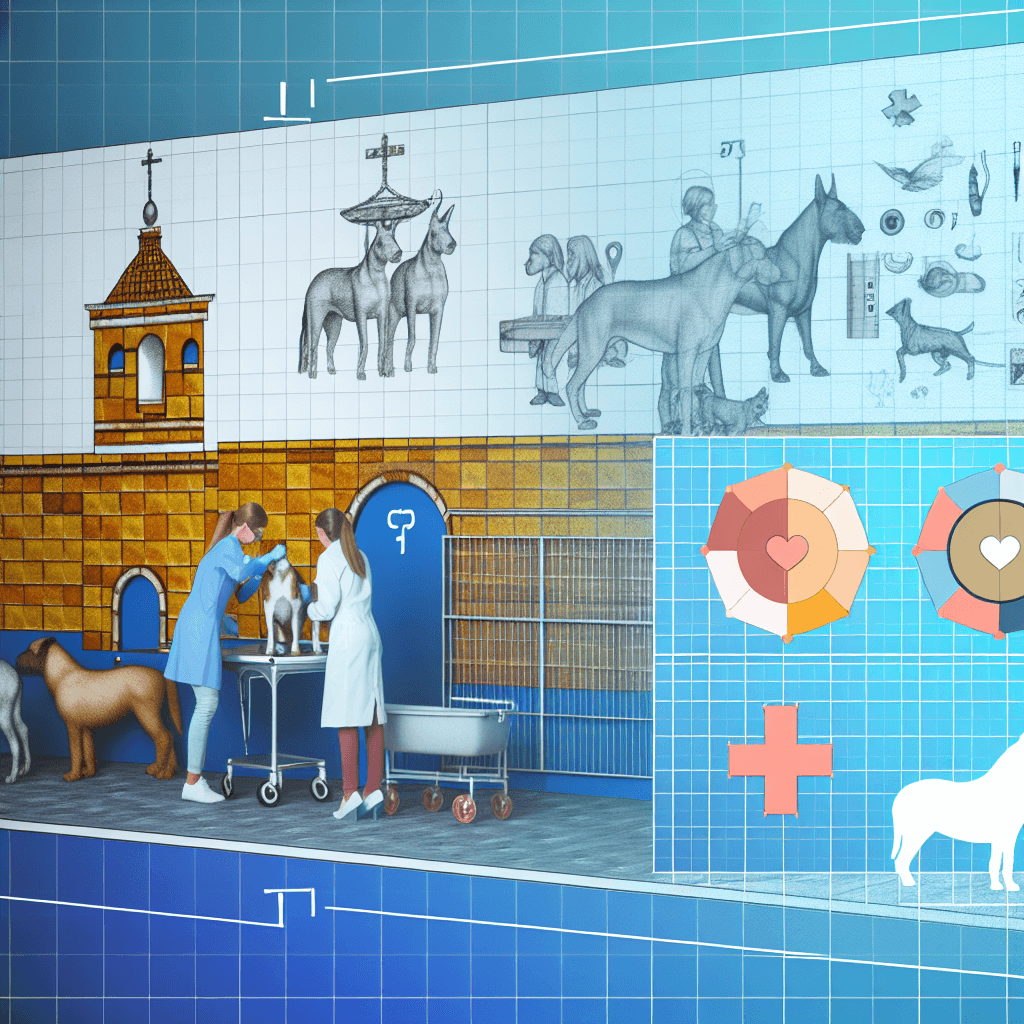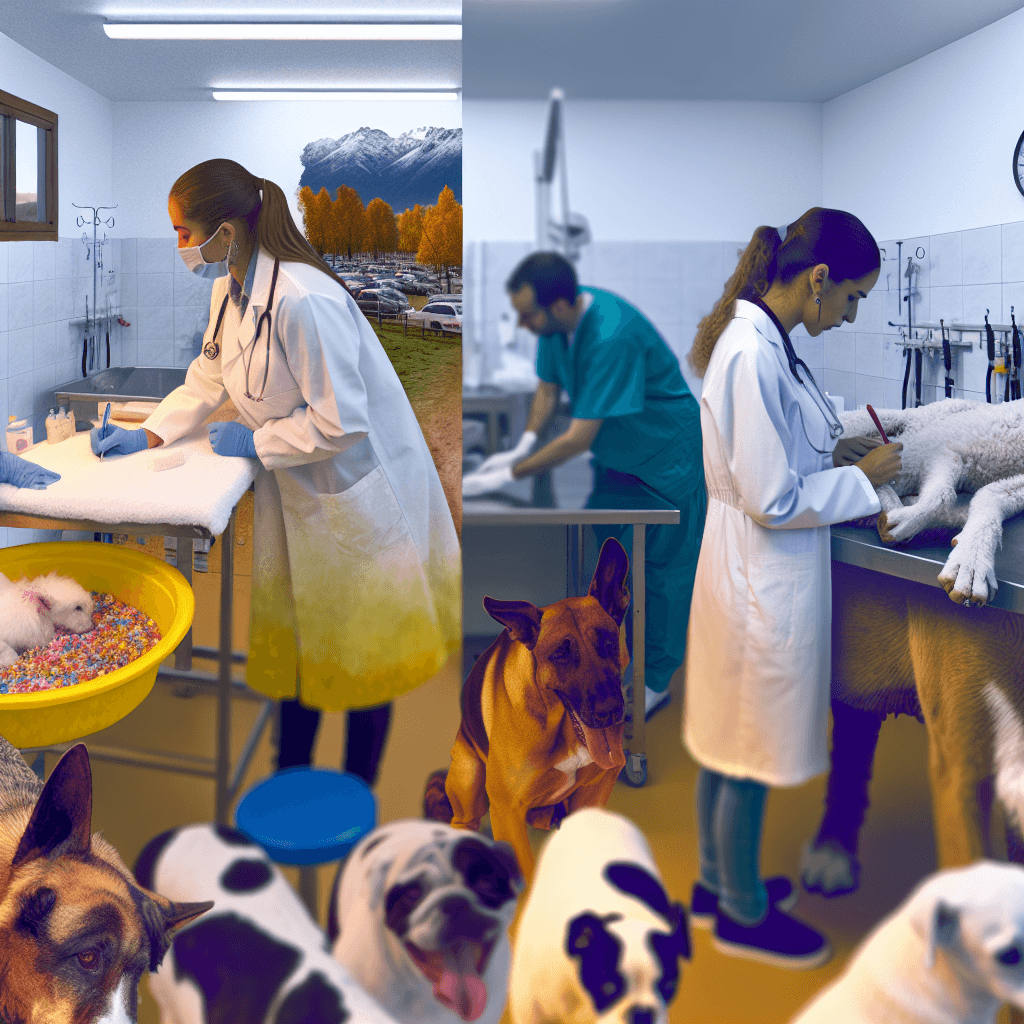Explore the dynamic Spain Veterinary Healthcare Market, focusing on trends, growth drivers, and key industry challenges in animal care.
Spain Veterinary Healthcare Market

Table of Contents
Exploring the Spain Veterinary Healthcare Market

The veterinary healthcare market in Spain has been growing steadily, driven by increasing pet ownership, greater awareness of animal health, and advancements in veterinary medicine. This article delves into the various facets of the veterinary healthcare market in Spain, examining trends, challenges, and future prospects.
Current Market Overview
Spain’s veterinary healthcare market is a significant part of the country’s economy, catering to a wide range of animals including pets, livestock, and wildlife. The market encompasses various services and products such as vaccines, pharmaceuticals, feed additives, and diagnostics.
Key Drivers of Growth
Several factors contribute to the growth of the veterinary healthcare market in Spain:
- Increasing Pet Ownership: The rise in pet ownership in Spain has led to increased demand for pet healthcare services. Pets are increasingly seen as family members, prompting owners to seek better healthcare for them.
- Advancements in Veterinary Medicine: Technological advancements and innovations in treatments and diagnostics have expanded the capabilities of veterinary care, making previously untreatable conditions manageable.
- Regulatory Support: The Spanish government has implemented regulations that ensure high standards of veterinary care, which boosts public confidence in veterinary services.
- Rising Awareness of Animal Health: There is a growing awareness among animal owners about the importance of regular health check-ups, vaccinations, and treatments, which supports market growth.
Segmentation of the Market
The veterinary healthcare market in Spain can be segmented based on animal type, product, and services:
- By Animal Type: The market caters to companion animals (such as dogs and cats), livestock, and other animals.
- By Product: This includes therapeutic products, diagnostics, vaccines, and feed additives.
- By Services: Veterinary services include hospitals, clinics, and diagnostic laboratories.
Major Players and Innovations
Several key players dominate the Spanish veterinary healthcare market, including international companies and local firms. These organizations are pivotal in driving innovation and maintaining high standards of veterinary care. Examples include Zoetis, Merck Animal Health, and local entities such as Laboratorios LETI and HIPRA.
Innovations in the market often focus on improving diagnostics and treatment options. For instance, the development of more effective vaccines and the use of AI in diagnostic processes are notable advancements.
Challenges Facing the Market
Despite its growth, the veterinary healthcare market in Spain faces several challenges:
- Economic Fluctuations: Economic instability can affect pet owners’ ability to afford veterinary services.
- Regulatory Hurdles: While regulations ensure quality, they can also be a barrier to the introduction of new products and services.
- Competition: High competition can lead to price wars, which might affect the profitability of veterinary practices.
Case Studies: Success Stories in Veterinary Healthcare
Several case studies highlight the success of the veterinary healthcare market in Spain:
- Case Study 1: A veterinary clinic in Barcelona successfully integrated digital record-keeping and online appointment scheduling, improving service efficiency and customer satisfaction.
- Case Study 2: A livestock health management program in rural Spain helped increase the productivity of dairy farms by implementing regular health check-ups and advanced breeding techniques.
Future Outlook
The future of Spain’s veterinary healthcare market looks promising with several trends likely to shape its trajectory:
- Increased Focus on Preventative Care: Preventative care is becoming more popular, as it is cost-effective in the long run and leads to healthier animals.
- Expansion of Services: Veterinary clinics are expanding their services to include wellness programs, dietary planning, and behavioral counseling.
- Technological Advancements: Ongoing technological advancements are expected to continue, further enhancing the efficiency and effectiveness of veterinary services.
Conclusion
The veterinary healthcare market in Spain is robust and dynamic, characterized by growth driven by increased pet ownership, advancements in medical technology, and supportive regulations. While challenges such as economic fluctuations and regulatory hurdles exist, the market’s future is bright with opportunities for innovation and expansion. Continued focus on preventative care and technological advancements will likely propel the Spanish veterinary healthcare market towards greater heights, ensuring better care for animals and profitability for providers.
In conclusion, the Spain veterinary healthcare market is a vital component of the national economy and animal welfare system, playing a crucial role in maintaining the health and productivity of Spain’s beloved animals.








